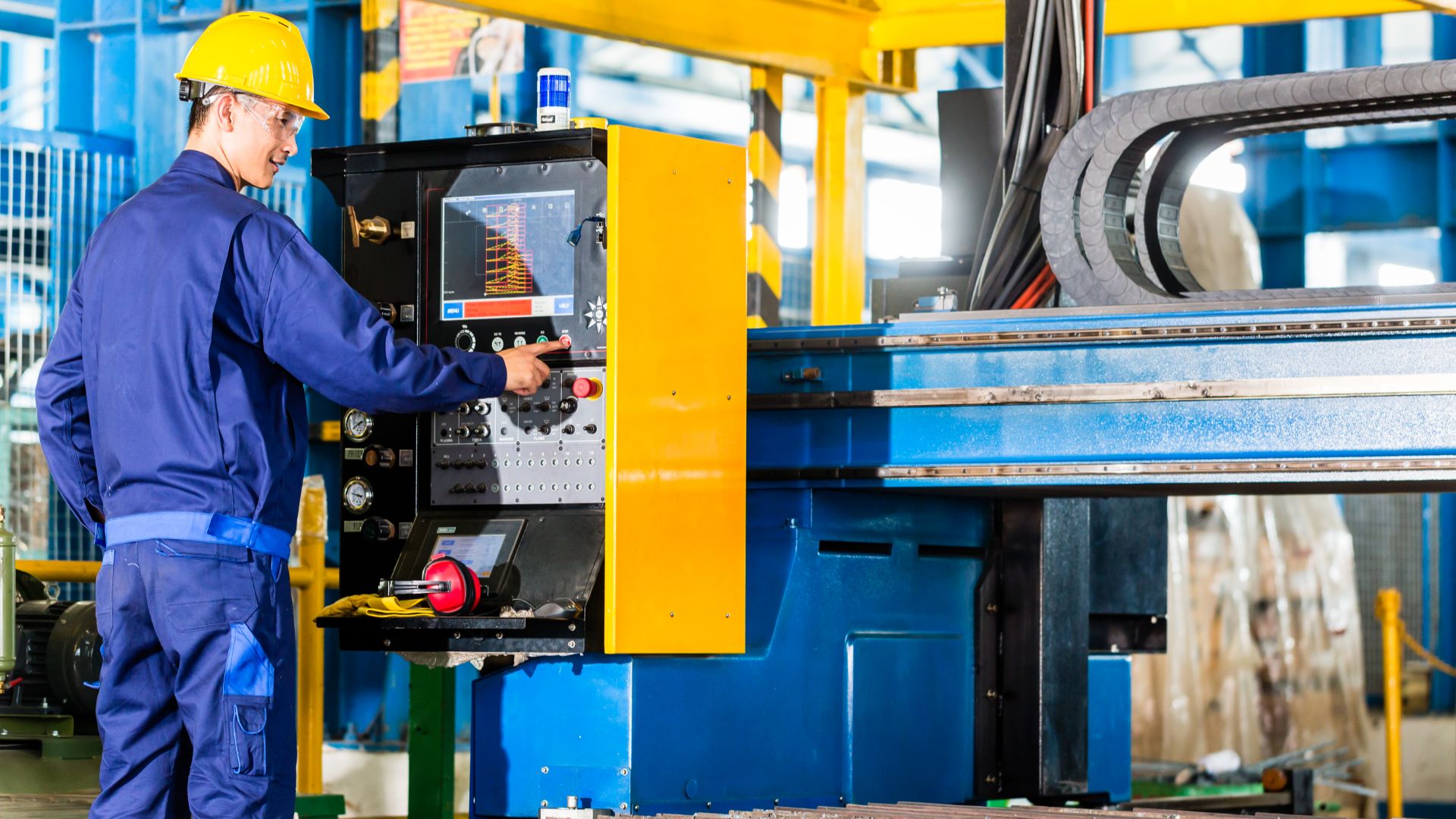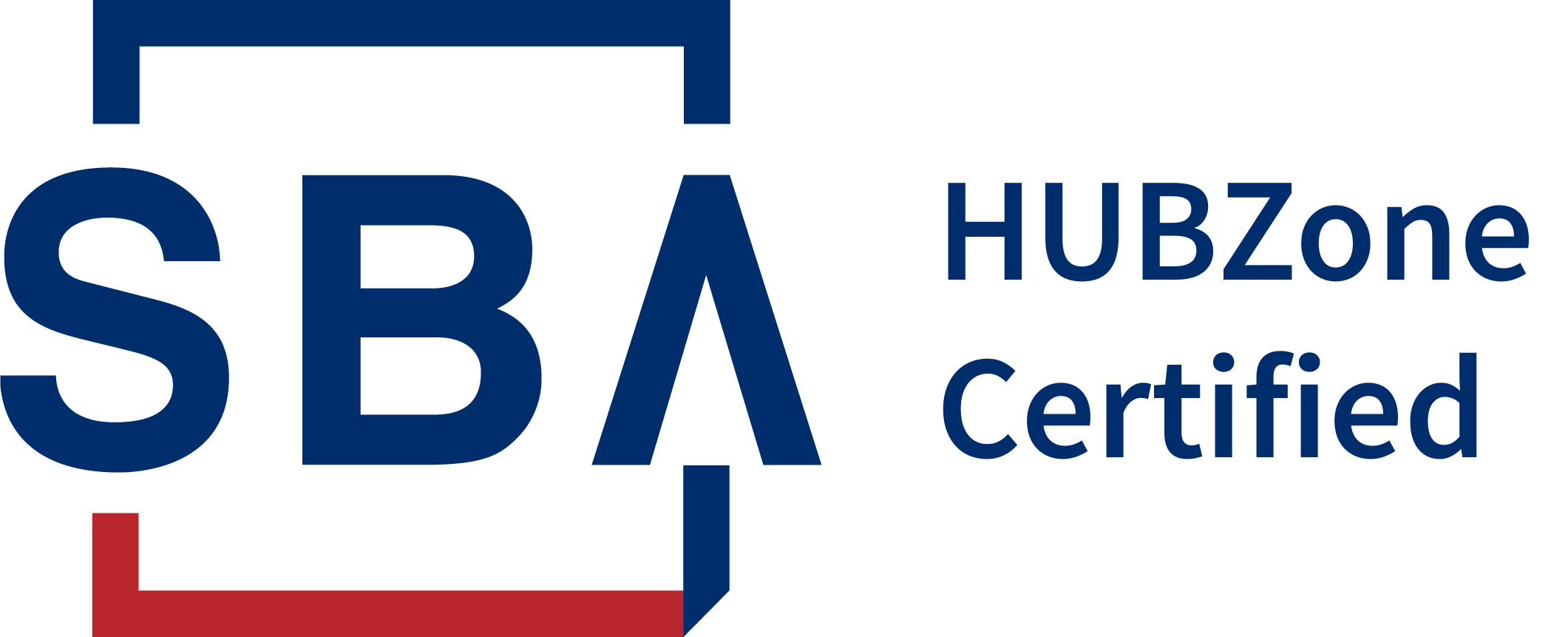The advent of digital transformation has ushered in a new era for the manufacturing industry, characterized by an unprecedented pace of technological change and innovation. At the heart of this transformation is machine learning (ML), a powerful subset of artificial intelligence (AI) that is driving the industry towards the future – Industry 4.0. This new industrial revolution of machine learning in manufacturing promises smarter, more efficient, and highly adaptive production lines, capable of responding to the complexities of modern manufacturing demands in real-time.
Machine Learning in Manufacturing and Industry 4.0 Applications
Machine learning, in the context of manufacturing, leverages algorithms and statistical models to interpret complex data, learn from it, and make informed decisions without human intervention. As a foundational technology of Industry 4.0, it enables the creation of intelligent manufacturing systems where operations are optimized for peak efficiency and productivity.
The Emergence of Smart Factories
At the forefront of this transformation are smart factories, which integrate ML, IoT (Internet of Things), and other technologies to create fully connected manufacturing environments. These factories represent the pinnacle of manufacturing technology, with systems capable of self-optimization, predictive maintenance, and autonomous decision-making.
Broad Spectrum of Applications
The applications of ML in manufacturing are vast and diverse. They range from predictive maintenance and quality control to supply chain optimization and energy management. In automotive manufacturing, for instance, ML algorithms analyze data from the assembly line in real time, predicting equipment failures before they happen and reducing unplanned downtime. In the aerospace sector, ML enhances the precision and reliability of complex manufacturing processes, ensuring the highest standards of safety and quality.
The Role of Machine Learning in Modern Manufacturing
The integration of ML into manufacturing processes marks a significant shift in how industries operate, offering unprecedented levels of efficiency and insight.
Predictive Maintenance
One of the most valuable applications of ML in manufacturing is predictive maintenance. Traditional maintenance schedules, based on time or usage, are often inefficient, leading to unnecessary downtime or unexpected failures. ML algorithms, however, can predict equipment failures by analyzing historical data and identifying patterns or anomalies that precede a breakdown. This proactive approach not only reduces downtime but also extends the life of machinery and lowers maintenance costs.
ML also plays a crucial role in improving product quality. By continuously monitoring production processes and analyzing vast amounts of data, ML models can detect even the slightest deviations from quality standards. This real-time quality control ensures that products meet stringent quality requirements, reducing waste and rework.
Transforming Production Lines
Many manufacturers have seen significant advantages from incorporating machine learning (ML) into their processes. For instance, when a manufacturer employs ML algorithms to forecast equipment failures on their production lines, they could experience a substantial decrease in unplanned downtime.
Machine Learning in Pharma Manufacturing
The pharmaceutical manufacturing sector faces unique challenges, from strict regulatory requirements to the need for absolute precision in drug formulation. Here, ML offers transformative solutions. ML algorithms analyze vast datasets to identify potential drug formulations, significantly accelerating the drug development process. This not only speeds up time-to-market for new drugs but also enhances the efficacy and safety of pharmaceutical products.
Ensuring Regulatory Compliance
Regulatory compliance is a major concern in pharma manufacturing. ML models streamline the compliance process, automatically analyzing production data to ensure adherence to regulatory standards. This not only reduces the risk of non-compliance but also frees up valuable resources to focus on core manufacturing activities.
Machine Learning in Semiconductor Manufacturing
The semiconductor industry, with its complex manufacturing processes and the need for precision at the nanometer scale, finds a powerful ally in machine learning. The integration of ML in semiconductor manufacturing has led to groundbreaking improvements in process optimization, defect detection, and yield rates. In semiconductor manufacturing, even the smallest defect can lead to significant losses. Traditional inspection methods are time-consuming and may not detect every flaw. ML models, trained on vast datasets of semiconductor images, can identify defects that are invisible to the human eye, ensuring higher product quality and reducing waste.
Optimizing Manufacturing Processes
ML algorithms analyze data from various stages of the semiconductor manufacturing process to identify inefficiencies and recommend adjustments. This optimization leads to higher yield rates, lower costs, and faster production times, providing a substantial competitive advantage in the fast-paced semiconductor market.
Machine Learning Algorithms in Manufacturing
Different ML algorithms offer unique benefits in manufacturing settings, depending on the specific task at hand. Understanding these algorithms and their applications is crucial for leveraging ML to its full potential.
Supervised learning algorithms, which learn from labeled training data, are ideal for predictive maintenance and quality control tasks. Unsupervised learning, on the other hand, excels in discovering hidden patterns in data, useful for anomaly detection and process optimization.
Reinforcement Learning and Deep Learning
Reinforcement learning algorithms, which learn optimal actions through trial and error, are being used to automate and optimize decision-making processes in manufacturing. Deep learning, a subset of ML capable of processing large volumes of data, is transforming visual inspection tasks with its ability to recognize complex patterns and anomalies.
As ML algorithms continue to evolve, their applications in manufacturing will expand, offering even greater efficiency gains, cost reductions, and improvements in product quality. Staying abreast of these developments is essential for manufacturers aiming to maintain a competitive edge.
Overcoming Challenges in Implementing Machine Learning
Despite the clear benefits, integrating ML into manufacturing processes can be challenging. Manufacturers must navigate issues related to data quality, workforce skills, and technology infrastructure.
Successful ML implementation requires a strategic approach, including investing in data management systems, upskilling the workforce, and fostering collaboration between IT and manufacturing teams. Transparency and explainability of ML algorithms are also crucial to gain trust and ensure regulatory compliance. Expert team can also assist in navigating these challenges and maximizing the potential of ML in manufacturing.
The Future of Machine Learning in Manufacturing
The future of manufacturing with machine learning is bright, with technologies like AI and advanced analytics driving the next wave of innovation. As computational power increases and algorithms become more sophisticated, the potential for ML to transform manufacturing processes is limitless.
Looking ahead, ML will play a key role in making manufacturing more sustainable and resilient. By optimizing energy use, reducing waste, and enhancing supply chain efficiencies, ML can help manufacturers reduce their environmental impact and adapt to changing market conditions.
The journey towards fully realizing the potential of ML in manufacturing will require close collaboration between technology providers, manufacturers, and regulatory bodies. By working together, the industry can overcome challenges and unlock new opportunities for growth and innovation.
A Must for Manufacturers in the Industry 4.0 Era
Machine learning is redefining what’s possible in manufacturing, offering unprecedented opportunities to enhance efficiency, improve product quality, and drive innovation. As the industry continues to evolve towards Industry 4.0, embracing ML technologies is not just an option but a necessity for manufacturers seeking to stay ahead in a rapidly changing landscape.
For manufacturers ready to embark on this transformative journey, now is the time to explore the possibilities of machine learning. At Eontes, our expertise in PLM software and smart manufacturing solutions positions us as your ideal partner in navigating the complexities of ML implementation. Together, we can unlock the full potential of your production lines, setting the stage for a future where smart manufacturing is not just a vision but a reality. Let’s harness the power of machine learning to create smarter, more efficient, and innovative manufacturing processes. Contact us today!




